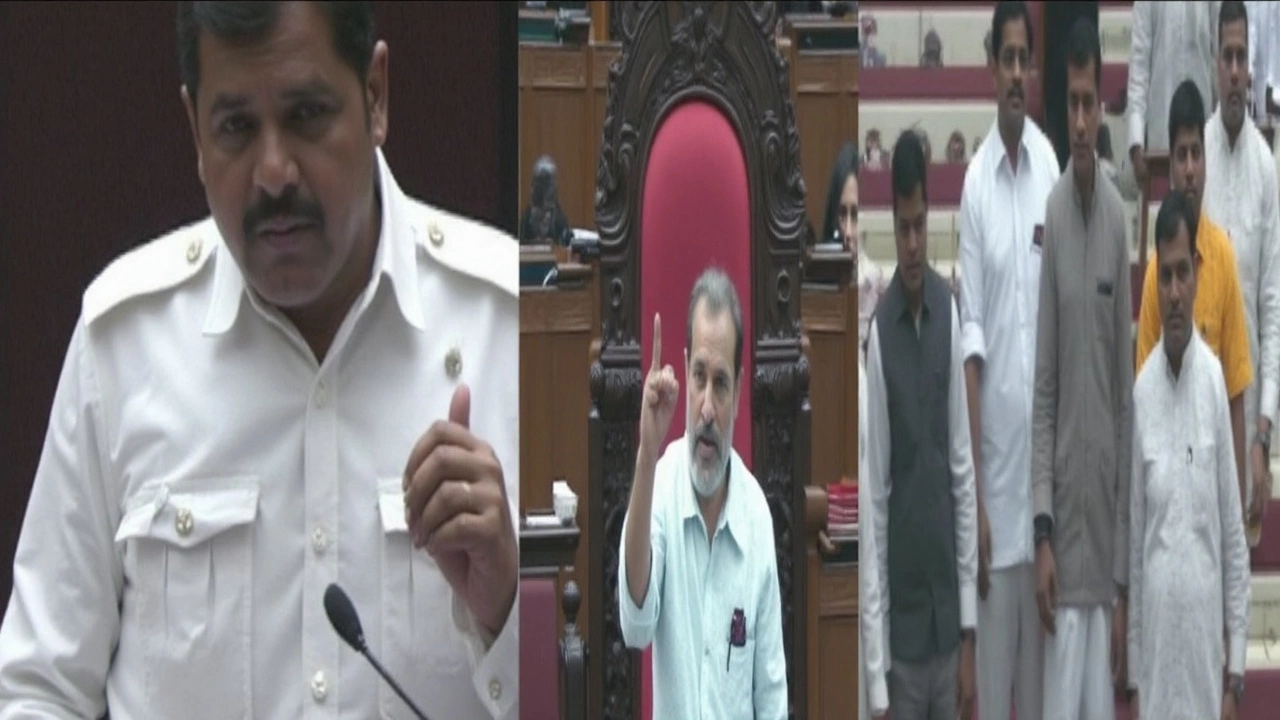Heatwave: What’s Happening and How to Stay Safe
Summer is turning up the thermostat and many regions are already feeling the burn. A heatwave isn’t just a hot day – it’s a stretch of unusually high temperatures that can affect health, power supply, and everyday plans. Knowing what’s going on and how to react can keep you and your family comfortable.
Experts define a heatwave when temperatures stay above normal for at least three consecutive days, often accompanied by high humidity. When the index climbs, it’s not just uncomfortable; it can trigger heat exhaustion, dehydration, and even more serious issues like heat stroke. That’s why staying aware of alerts is the first step.
Current Heatwave Alerts
Weather agencies across the country post real‑time heat alerts on their websites and mobile apps. These alerts usually include the expected high, the heat index, and advice on outdoor activities. A quick check each morning can tell you whether a jog, a garden job, or a kids’ soccer match needs to be rescheduled.
Many cities also run public cooling centers – air‑conditioned spaces like libraries, community halls, and malls where anyone can cool down for free. If you’re an elder, have a chronic condition, or don’t have strong AC at home, these spots are a lifesaver during peak heat hours.
Practical Tips to Beat the Heat
First, stay hydrated. Aim for at least eight glasses of water a day, more if you’re sweating a lot. Carry a reusable bottle, and add a pinch of salt or a splash of lemon for electrolytes when you’re active.
Second, dress smart. Light‑colored, loose‑fitting clothes let your skin breathe. A wide‑brimmed hat and UV‑blocking sunglasses cut down direct sun exposure, especially between 10 am and 4 pm.
Third, cool your home efficiently. Close blinds or curtains, turn on fans, and run the dishwasher or washing machine at night when it’s cooler. If you have a programmable thermostat, set it a few degrees higher while you’re out and lower it before you return.Fourth, modify your routine. Shift workouts to early morning or late evening, and avoid strenuous tasks during the hottest part of the day. If you must be outside, take frequent breaks in the shade and use a damp cloth on your neck and wrists.
Lastly, watch for warning signs. Dizziness, rapid heartbeat, headache, or dark urine could mean dehydration or heat illness. If anyone shows these symptoms, move them to a cooler area, give water, and seek medical help if they don’t improve quickly.
Heatwaves come and go, but the right habits stick around. By checking alerts, staying hydrated, dressing right, and keeping cool indoors, you can enjoy summer without the health risks. Keep this guide handy – the next time the mercury spikes, you’ll know exactly what to do.
